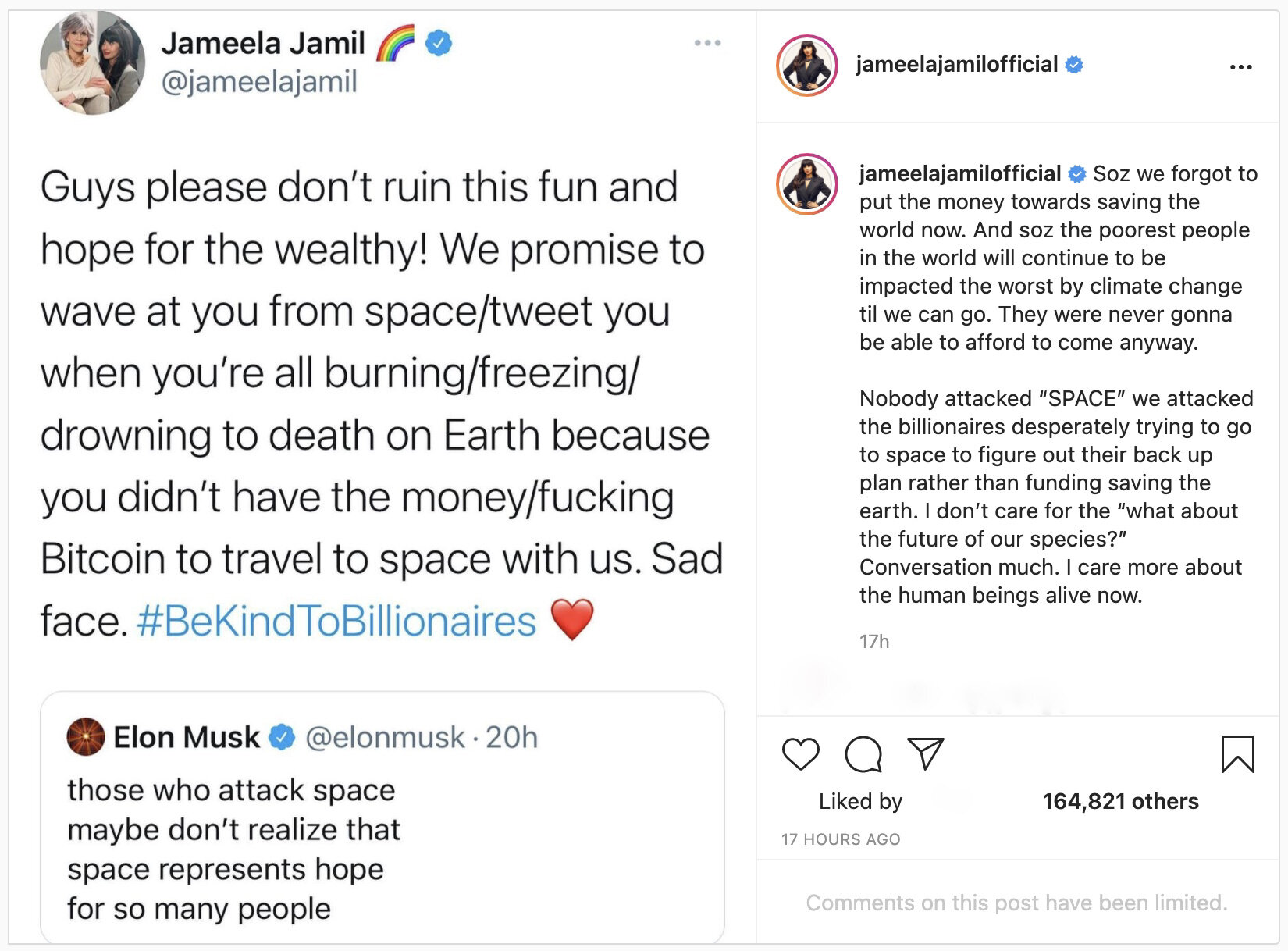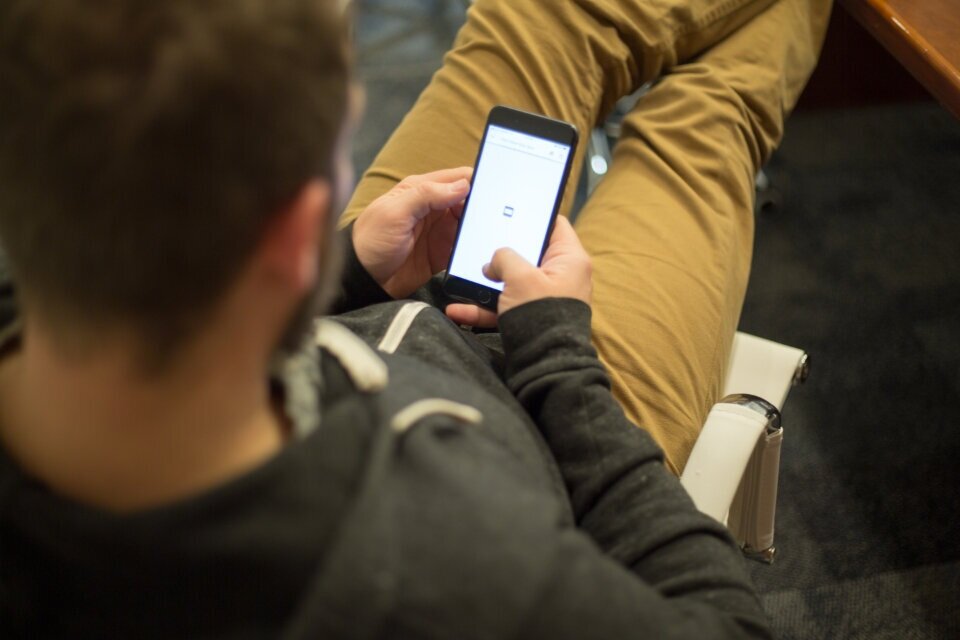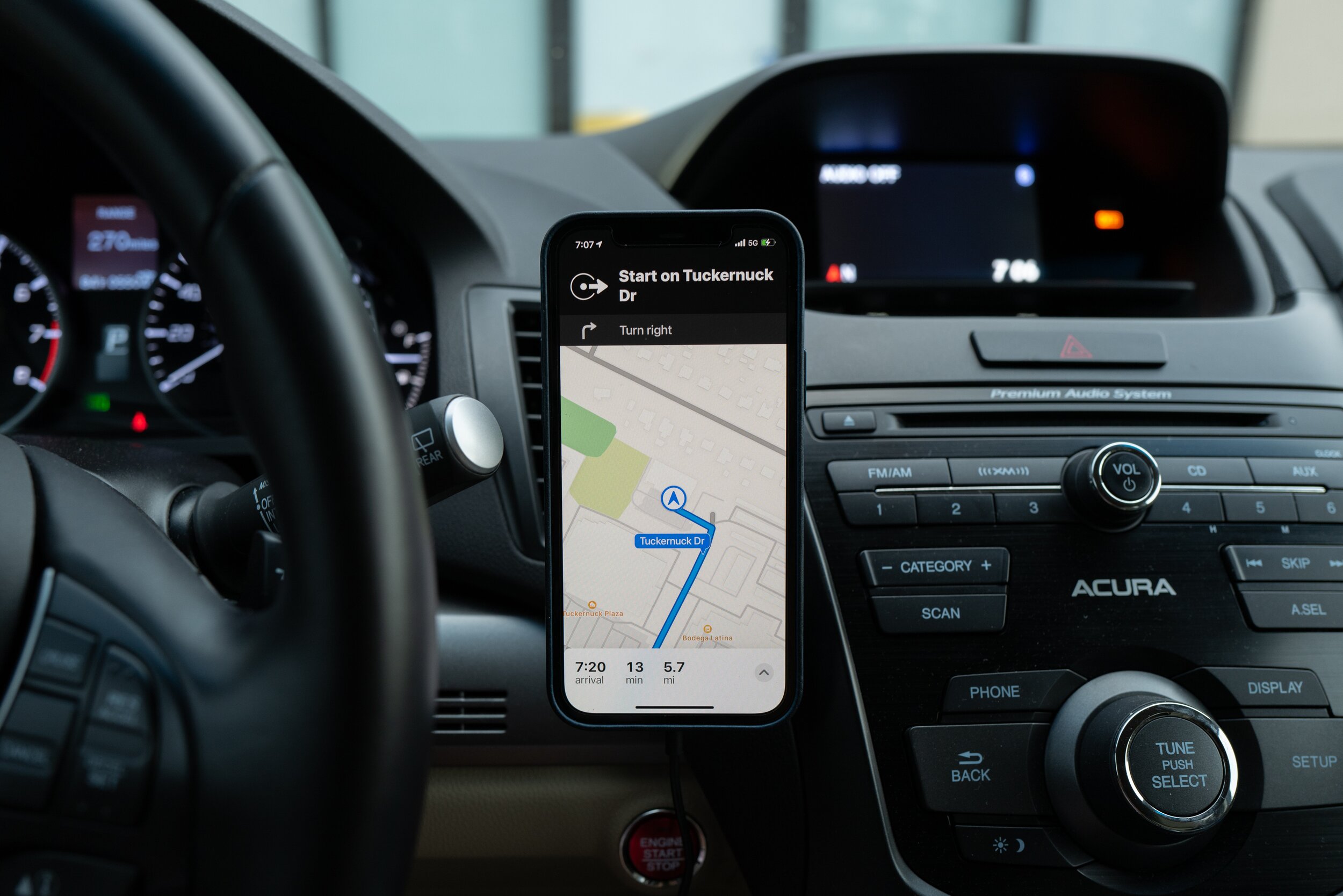In Defense of Space-Bound Billionaires
Sir Richard Branson, Jeff Bezos, and Elon Musk | Click to Tweet!
“Life’s not fair.”
It’s the oldest adage I grew up with as a ’90s lower-class kid. Did it make me feel better about having knock-off Doc Martins from Payless instead of the name-brand fisherman sandals I wanted? No. But that didn’t refute the truth in my mother’s words. At least I had shoes.
Life’s not fair and I think a lot of folks forgot. I’m not talking about marriage equality here, or about the gender pay gap or the disproportionate number of Black Americans in prison. Those transcend unfair into the realms of unjust and unconscionable. (Although surely every issue is subject to the relativity of an individual’s moral threshold.) I’m talking about wealth. Great wealth. Calculator-breaking wealth.
My Instagram feed is shouting at me today with reasons to hate on billionaires who go to space, the latest of whom is Sir Richard Branson. Elon Musk has been working to send rockets into space since 2002 and Jeff Bezos is set for his own personal space launch this Monday, July 20th. Why don’t they invest that money into building communities for the unhoused? Insta-activists assert. Why aren’t they solving the increasing problems of climate change? How dare these rich white men compete to see who gets to space first while the rest of us wave at them from a burning, freezing earth?
Fair questions. Except, like life, they’re not fair.
Sir Richard Branson and charity fundraiser Omaze partnered with Space for Humanity, a nonprofit seeking to send citizen astronauts of diverse racial and economic backgrounds into space, to give away two seats on a Virgin Galactic commercial flight. Branson’s extensive list of donations supporting LGBTQ rights, climate conservation, and countless other causes ought to put any critic of his to shame.
Elon Musk is giving away $100 million to entrepreneurs who can come up with a way to capture carbon dioxide in the atmosphere and lock it away permanently. This is on top of the nearly $150 million Musk has donated directly to charities this year alone supporting schools, coronavirus research, and food banks.
Jeff Bezos, perhaps today’s most-hated billionaire, donated $10 billion to combat climate change when he stepped down as Amazon’s CEO and launched Bezos Earth Fund. $100 million of that has already been donated to The Nature Conservancy where it will be used to fund reforestation in partnership with local Indigenous and Tribal communities. This is on top of the $100 million Bezos donated to Feeding America during the height of spring 2020’s pandemic and the $100 million he gave to independent charities combating homelessness.
I found these stats with a five-minute Google search. Are Insta-activists just not looking to see if the billionaires they critique have already donated to the causes they say would be better alternatives to give to than space? Or are they willfully ignoring such donations with dismissals like, “Well, it’s through their own charity, so they’re still benefiting from it,” which, um, the donation receivers are, too?
But sharing the charity work of space-bound billionaires isn’t actually why I started writing this article. What I really want to tell you about is this…
We all benefit from rich people going to space.
Critique the 1% and talk about wealth redistribution all you want, but please don’t overlook the countless benefits space exploration has given humanity. Many articles have been written about the everyday items that we have space exploration to thank for. I’m going to share with you ten of my personal favorites.
10 Reasons to Thank Space-Explorers & Billionaires
1. Do you have a smartphone?
Odds are you’re reading this from your iPhone or Android, and odds are, you take selfies and videos with its built-in cameras. Odds are you have a social media account where you share your photos and vids, and odds are, said social media accounts wouldn’t exist without the plethora of photos enabled by camera phones. None of this would be possible without the space invention of Dr. Eric Fossum. In 1992, Dr. Fossum worked at NASA’s Jet Propulsion Laboratory and invented the CMOS active pixel sensor (APS) camera-on-a-chip technology. He did this to make space photography more lightweight. Its development led to the smartphones, backup cameras, Go Pros, HD televisions, medical imaging machines, and more that we have today, forever changing industries far beyond space travel.
2. Are you or is anyone you love augmented by technology?
Is there anyone in your life with a prosthetic limb? NASA’s artificial muscle systems that were originally designed for space vehicles led to today’s artificial limbs that are far more comfortable and utilitarian than their predecessors. Know a diabetic? If they use an insulin pump, it’s because it was developed for astronauts first. If you’ve ever used Invisalign braces, it’s because NASA needed a material to protect heat-seeking missile trackers, leading to the translucent polycrystalline alumina that eventually allowed invisible braces to be manufactured. Cochlear implants, cardiac implants, CT and MRI scans, LASIK eye laser surgery, and drugs and devices helping conditions from osteoporosis to heart transplants are all made possible thanks to space-first engineering.
3. Do you use Apple or Google Maps to navigate?
It is because of—gasp!—an ego battle between rich white men that we have GPS navigation. When the Soviet Union launched Sputnik 1 into space on October 4th, 1957, it lit a fire under the United States’s ass to track it utilizing Doppler effect technology. By 1960, TRANSIT was developed as the first satellite navigation system. Its objective? To launch nuclear missiles more precisely. But by 1996, this technology became operational for civilian use and now we don’t have to use paper maps from AAA anymore. We can simply say, “Hey Siri, take me home.”
4. Do you drink filtered water?
As space flights became longer in the 1970s, astronauts needed a way to have safe drinking water. NASA partnered with family-owned business Umpqua Research Company to develop the microbial check valve cartridge, which used iodine to purify the water supply on space shuttles instead of chlorine. That space technology now purifies municipal water systems in developing nations, bringing safe drinking water to thousands of people.
5. Do you sleep on memory foam?
If, like me, you’ve gotten some of the best sleep ever on a memory foam mattress, pillow, or Tempur-Pedic topper, we have aeronautical engineer Charles Yost to thank for it. In the mid-1960s, NASA contracted Yost to create a seat padding that would increase astronauts’ odds of survival during landings and crashes. Yost invented what he called “temper foam,” an open-cell, polymeric memory foam that was energy-absorbing, pressure-contouring, and extremely pliable. It made its way from space shuttles to wheelchairs and into our bedrooms.
6. Do you wear sneakers?
The spacesuits made in the Apollo Era were designed to cushion the soles of astronauts with shock-absorbing air hollows known as “blow rubber molding.” The insoles were so effective that a former NASA engineer named Frank Rudy pitched the idea for similar shock absorption in everyday athletic gear to a corporation called Nike. In 1978, the Nike Tailwind runners were born, which evolved into Nike Air, and tennis shoes have never been the same since.
7. Do you prefer your vacuum—and other tools—cordless?
My cordless Dyson is all I use—seriously, worth all the money—and I have Black and Decker’s collaboration with NASA to thank for it. Although cordless tools predate space travel, it wasn’t until NASA told Black and Decker they needed a self-powered drill for moon exploration that wireless technology took a giant leap forward. The DustBuster vacuum followed the cordless drill and soon households everywhere had wire-free appliances and tools as a matter of course.
Lonnie Johnson with an early prototype of his water gun. | Photo by Mike McGregor
8. Do you remember the Super Soaker?
Of course you do. Any American kid who grew up in the ’90s does, and if you didn’t grow up in the ’90s, there is much to feel sorry for, but your loss that is the Super Soaker is in the top three. NASA engineer Dr. Lonnie Johnson came up with the idea of a hand-pumped, air-pressured water gun when he was experimenting with ideas for refrigeration systems. He hooked a nozzle to his bathroom sink and, “I accidentally shot a stream of water across the bathroom,” he told Popular Mechanics, “and thought to myself, ‘this would make a great gun.’”
9. Do you wear glasses?
Whether they’re sunglasses or prescription, did you know they’re 10 times more scratch-resistant than they’d be before 1983? This is because NASA developed scratch-resistant plastics to make the visors of astronauts’ helmets clearer. In 1983, NASA awarded Foster-Grant a license to replicate their scratch-resistance technology on everyday eyewear and other plastics that help keep us safe today.
10. Do you know a baby who was formula-fed?
Maybe their mother died or was herself starving of hunger. Maybe the baby struggled with latching issues, or was adopted by non-nursing parents. Maybe you were this baby. There is no telling how many lives have been saved because of baby formula, which we have NASA to thank for. In the 1980s, NASA explored the potential for algae to be used as a recycling agent for long-duration space travel. This led to the creation of algae-based vegetable oil which led to Formulade in 1994. Today, over 90% of baby formulas contain nutritional enrichment as the result of NASA-sponsored research.
All of these transpired because humans with big egos wanted to go to space and were funded by billions of dollars.
I know you can retort that these benefits to humanity were perhaps unwitting gifts, accidental byproducts of capitalism that shouldn’t be lauded as selfless acts of charity. Go for it, I’ll wait for your mentions to roll in telling me that donations from the uber-rich are tax write-offs and therefore self-benefiting. I’ll read your arguments about why billionaires should be taxed into non-billionaire-hood because of socio-democratic visions of economic equality (but let’s not call it Communism). I anticipate your comments about why no one should have a billion dollars when there are so many people, animals, and climates literally dying out there that wouldn’t be if fractions of said billions were given to help.
But surely you know that it takes more than money to solve the horrors of the world. You know that people aren’t starving in Yemen because Bezos didn’t feel like donating money to feed them—you know Yemenis are being starved because Houthi rebels are obstructing aid in their conflict with Saudi Arabia, which is being armed by the United States with the steady sale of guns, aircraft, and bombs. You know that the lack of safe drinking water in rural communities and the extinction of forests and animals worldwide are due to problems far greater than money can solve, right? Problems like cultural differences, religious differences, and political differences, all of which have historical domino effects that will likely take centuries to reroute or reverse?
Because you’re informed.
You want to talk about unfairness and inequality? Blaming today’s wealthy for the millennia of conflict that have led to our world’s suffering isn’t fair. Demanding wealth redistribution won’t bring racial equality because belief is stronger than evidence. Ideas are mightier than dollars. Culture cannot be bought. Time, innovation, and individual responsibility are what lead societal shifts. Money and other resources are among the help facilitating the changes we so wish to see implemented, but ignoring the other factors at play by conveniently blaming billionaires and capitalism isn’t helpful. It’s short-sighted and ignorant.
But what do I know? I’m just another 30-something, big city-dwelling, privilege-wielding American with access to Google in her pocket.
So call me Ayn Rand, but I observe that the pursuit of selfishness often has benefits for all. Kind of like how loving yourself first helps you love others, or how taking care of your needs allows you to better care for someone else’s. Why shouldn’t this philosophy apply to wants, too? So what if some rich people want to go to space? Why shouldn’t they? History shows their pursuit of happiness will lead to improved lives for us all. That, in my awed observation, is to be celebrated.
So thank you for Virgin Galactic, Sir Richard Branson. Thank you for Space X, Elon Musk. Thank you for Blue Origin, Jeff Bezos. I can’t wait to see what new prosthetics, household items, safety improvements, and fun gadgets come our way because of your pursuits of wealth, innovation, and personal delight. My hat is off to you all and I am honored to be alive at the same time you are.













